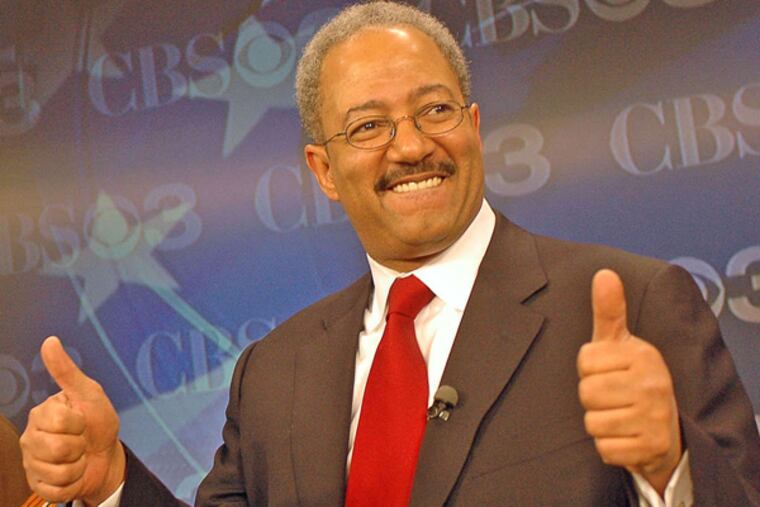Fattah case is different
Since a former aide to U.S. Rep. Chaka Fattah pleaded guilty to concealing misuse of campaign contributions and federal funds last week, one knee-jerk reaction has been to compare Fattah to the late William H. Gray III, another Democrat who represented the same district before leaving Congress abruptly in 1991 amid rumors of a federal investigation.

Since a former aide to U.S. Rep. Chaka Fattah pleaded guilty to concealing misuse of campaign contributions and federal funds last week, one knee-jerk reaction has been to compare Fattah to the late William H. Gray III, another Democrat who represented the same district before leaving Congress abruptly in 1991 amid rumors of a federal investigation.
More than 20 years later, some still subscribe to the rumors, but no charges were ever filed against Gray. The reports apparently sprouted from the office of Republican U.S. Attorney General Richard Thornburgh, a fellow Pennsylvanian who may have been interested in chilling the Democratic congressman's interest in higher office.
Thornburgh's office at one point issued a statement saying Gray was not the target of an investigation. It seems unlikely that there will be any such pronouncement about Fattah. Given what has been released in the case against his longtime aide Gregory Naylor, it's hard to believe investigators don't have their sights on the congressman.
Naylor has admitted conspiring with a person identified in court filings as "Elected Official A" to pay off debts with grant funds and political contributions funneled through a series of nonprofits and consulting firms. According to Naylor, some of the money was used to pay off the college loans of the elected official's son. Prosecutors have not revealed the identity of Elected Official A, but much of the known evidence against Naylor concerns his work in 2007, when he was Fattah's chief strategist in a failed run for mayor of Philadelphia.
Perhaps Fattah is waiting for authorities' next move before he breaks his silence about the allegations. But he owes it to his supporters to say something.
In the meantime, they and the rest of Philadelphia are left wondering whether the politicians in this town are more corrupt than others across the country. A quick search of the news would likely turn up enough corruption cases elsewhere to challenge that notion. But it would be no surprise to find Philadelphia high on any list of integrity-challenged cities.
Most politicians don't set out to violate the public's trust. Many talk about their commitment to protecting the public's interests. But the longer some stay in office, the more susceptible they become to temptation's song. It's an old lesson presented in that 1939 Hollywood classic, Mr. Smith Goes to Washington.
Term limits are no solution. They just let the culpable know how long they have to commit their misdeeds. It's up to voters to use every means available to stay informed and to retire those representatives who show signs of yielding to corruption.